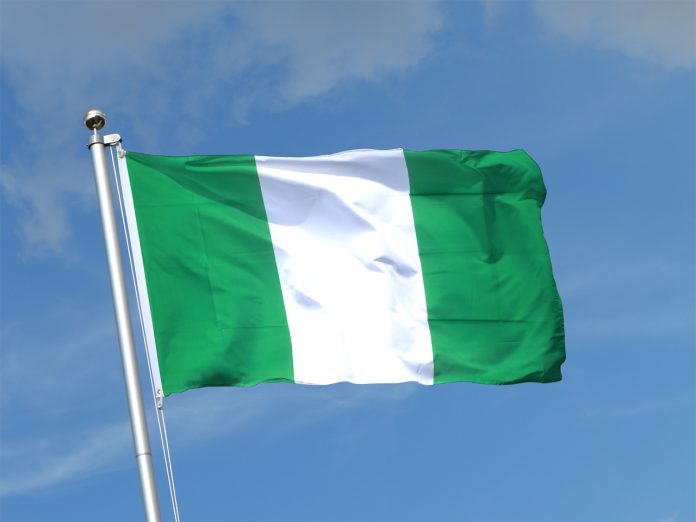
By Bilyaminu Gambo Kong-kol
History has it that Nigeria had in 1979 returned to a democratic system of government with Late Sir Shehu Shagari as President but he was overthrown by General Muhammadu Buhari in 1983. The second attempt was during General Ibrahim Badamasi Babangida regime but the election conducted on 12 June, 1993, which was seen by many as the most free and fair, was annulled by the then led government. This is why Nigeria shifted its democracy day from May, 29 to June, 12 in commemoration of Late Chief MKO Abiola, the winner of the election.
However, Nigeria in 1999 returned to a democratic system of government with Olusegun Obasanjo as President and Atiku Abubakar as Vice-President under the umbrella of PDP in 1999. The 21-year democratic journey in Nigeria has witnessed 16 years of PDP and APC with five years. The question here, is Nigeria’s democracy effective?
Abraham Lincoln defined democracy as a government of the people, by the people, for the people. But democracy in Nigeria unlike the way Lincoln defined it, is characterized by a lot of irregularities which include election rigging, imposition of candidates as well as godfatherism. We have witnessed a scenario whereby governors were impeached, members of House of Representatives and Senate as well as state house of assembly members were suspended for unjustified reason. Democracy in Nigeria is under threat because leaders in power concern more on how to achieve their goals rather than working for the success of those who voted them. With democracy, corruption has come to stay in the country, billions of dollars from the the country’s treasury are being looted right from 1999 to date while citizens are dying of starvation, frustration and depression.
On the other hand, whenever I see the way elections are being conducted in Nigeria, I weep for our democracy, especially local government elections. Come to think of it, how could a single party win all chairmanship and councillorship election in a state? The ruling party in a state would win all the seats in local government elections. Are we really practising democracy? And this thing has been happening for more than two decades, no one tries to end it. Moreover, despite being in a democratic era for 21 years, poverty is still walking naked in Nigeria. Youth unemployment is on increase. Other factors militating against the success of democracy in Nigeria include hate speech, scarcity of water, vote-buying, abandoned project, poor infrastructure among others.
Furthermore, the democratic system of government in Nigeria has come with a lot of insecurity issues across the country, for instance, the Boko Haram insurgency which started in 2009 has been lingering up to date. The armed banditry in the northwest has been taking lives on a daily basis, and farmer-herder clashes are threatening agricultural activities. These, as well as political interests and quench of being in power, have brought disunity in our dear nation. It is unfortunate that democracy has divided Nigerians across religions, tribes and regions. Instead of electing competent people into power, Nigerians do vote people from their communities just to suit their own interest even if they incompetent.
I, therefore, call on Federal government to do all it takes to make democratic system of government effective in Nigeria and end insecurity especially the armed banditry in North West and the insurgency in North-Eastern part of Nigeria.
NORTH IS BLEEDING!
Bilyaminu Gambo Kong-kol writes from Bayero University, Kano.bilyaminugambokonkol20@gmail.com
The views expressed in this article are the author’s own and do not necessarily reflect the editorial policy of Sky Daily





































